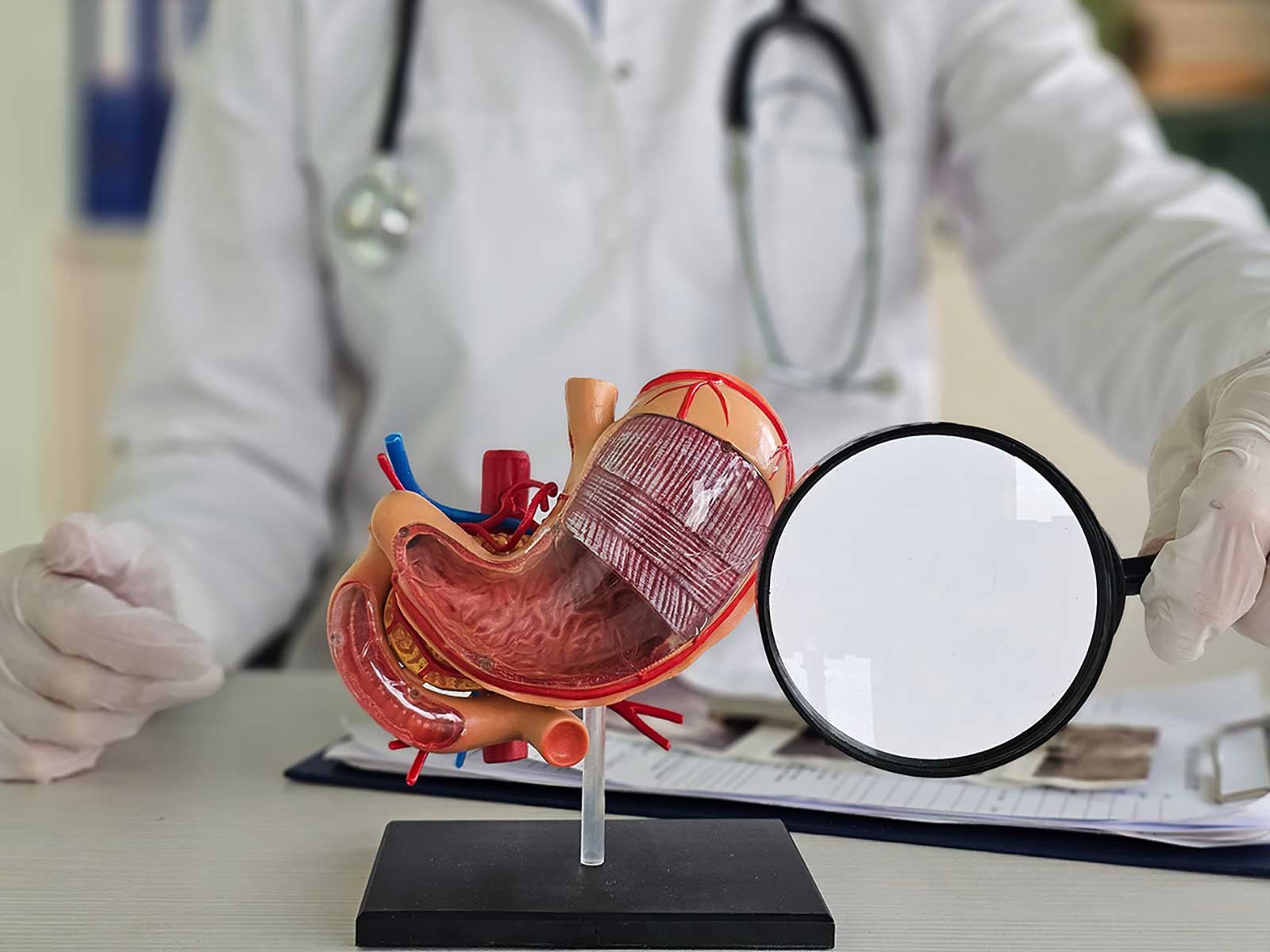
Internal hemorrhoids are swollen veins inside your rectum, located above the anal opening. They are usually painless and often go unnoticed until they grow larger or prolapse (slide outside the anus).
You may notice one or more of the following:
Internal hemorrhoids form when pressure builds up in the veins of the lower rectum. Common contributing factors include:
Don't suffer in silence-call GastroDoxs in Jersey Village or book your consultation online. Our experienced gastroenterologists offer personalized evaluation and state-of-the-art treatments for internal hemorrhoids. Let us help you find lasting relief with compassionate, judgment-free care.
We've successfully treated more than 24K patients, helping individuals improve their digestive health and overall well-being through expert, personalized care.
With over 20 years of experience, GastroDoxs has been a trusted provider of gastroenterology care, focusing on delivering the best outcomes for patients
Internal hemorrhoids are located inside the rectum and usually can't be seen unless they prolapse or bulge outside the anus.
Yes. Grade 1 internal hemorrhoids often improve with better diet, increased fiber, hydration, and other self-care measures.
Grade 1 hemorrhoids are small swollen blood vessels that remain entirely inside the rectum and do not protrude outside the anus.
The ICD-10 code for internal hemorrhoids without complications is K64.0.
No. Hemorrhoids themselves do not cause constipation, but straining from constipation can worsen hemorrhoid symptoms.
Grade 2 hemorrhoids may prolapse out of the anus during bowel movements but retract back inside on their own afterward.
With proper self-care-like dietary changes and sitz baths-internal hemorrhoids may heal in 1-2 weeks; without care, they can persist longer.
Yes. During appointments, our specialists can use medical images to illustrate internal hemorrhoids and explain their severity.
Although medical websites offer examples, we provide safe, private image reviews in our clinic to help you understand your condition.
Yes. Viewing images of prolapsed hemorrhoids can help assess how advanced they are and guide the most appropriate treatment plan.